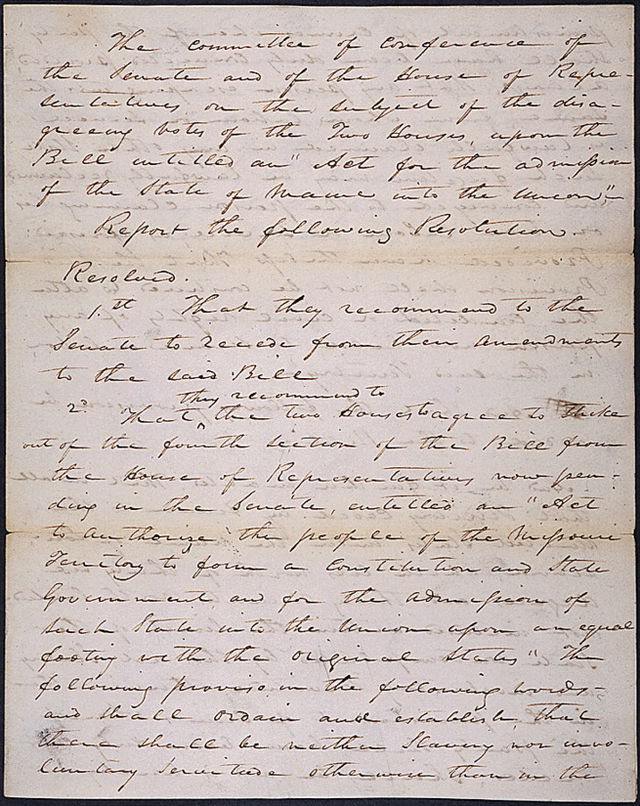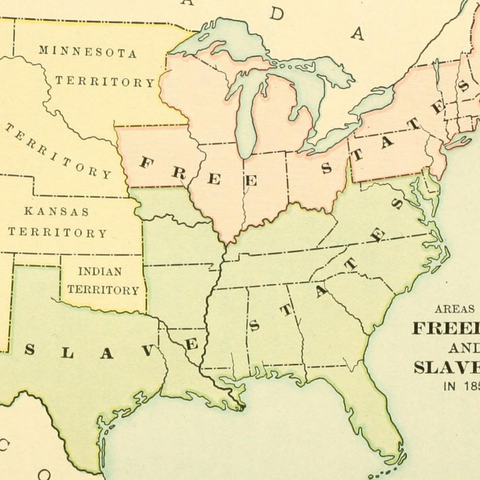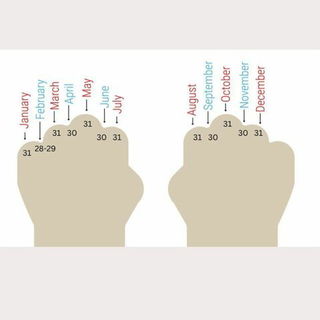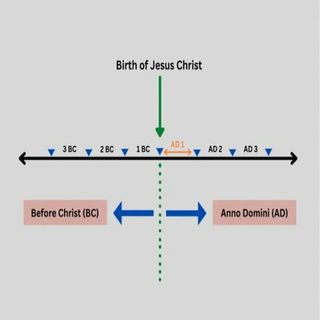- Calendar
- Calendar 2026
- March
- Missouri Compromise
Missouri Compromise
The Missouri Compromise was a legislation that was passed on March 3, 1820 , in Congress, amidst rising tensions over the issue of slavery.
The law stated that Maine would be admitted to the Union as a free state and Missouri as a slave state.

This decision was made to maintain the balance of power between North and South in the Senate.
The law also banned slavery north of the 36º 30' parallel. This was enforced until 1854 when the Missouri Compromise was repealed.
Although it marks a historic moment for the United States, it is not a public holiday.
The History Of The Missouri Compromise
In 1818, Missouri applied for statehood within the Union which intended to allow slavery in its new state. Thus, making it the first state West of the Mississippi River and slavery in the new territory would impact more on the already prominent divide in the nation.
The Northerners, abolitionists, were against slavery in any new states since the balance between the free and slave states would be disturbed.
Southerners, on the other hand, believed that new states should have the freedom to choose slavery or not.
In February of 1819, Northern Representative James Tallmadge introduced two amendments to Missouri's request which imposed restrictions on slavery in the new state.
The Southern representatives did not let this pass on the Senate. However, the Senate was split evenly into 11 states for each section during that time, and accepting Missouri as a slave state would give the South an advantage.
Maine and Missouri
Missouri applied for statehood again at the end of 1819 after the stalemate in the Senate and Maine also petitioned to be a free state at the same time.
Henry Clay, Speaker of the House suggested that Missouri should be admitted to the Union as a slave state with the condition of admitting Maine as a free state.
In February 1820 a new part was added to the joint statehood bill.
It prohibited slavery on all new lands north of the imaginary line of 36º 30' latitude that ran along Missouri's southern border except Missouri.
The bill was then passed on March 3, and signed by President James Monroe on March 6.
The Repeal
The compromise eventually resolved the issue with Missouri. Still, it did not help with the question of slavery and whether this institution would be part of the United States' future.
However, on the other hand, he was happy with the compromise. This is because the South thought it gave Congress too much power by letting it make laws to restrict slavery and the North was against slavery in the new states.
With the period of Westward Expansion, the debate on whether slavery should be extended to new states was still a dividing issue in the country.
In 1854, during the admission of Kansas and Nebraska as states, the Kansas-Nebraska Act was passed.
The law stated that the settlers of new states' should decide whether or not slavery would be allowed.
This essentially repealed the Missouri Compromise and allowed slavery in the region north of the 36º 30' parallel. This led to controversy and violent confrontations, and to the emergence of the Republican Party with Abraham Lincoln as its leader.
In the Dred Scott v. Stanford case of 1857 , the Missouri Compromise was ruled unconstitutional, and it was decided that Congress should not have the power to prohibit slavery in any state. This was one of the catalysts for the American Civil War.
Interesting Tit-Bits About The Missouri Compromise
- Henry Clay earned the pet name "The Great Pacifator" and "The Great Compromiser" due to his significant role in the compromise.
- Dred Scott v. Sandford declared the compromise unconstitutional.
- The supporters of slavery in Congress were known as "anti-restrictionists".
- The people against slavery in Congress were known as "restrictionists".
- The Kansas-Nebraska Act of 1854 eliminated the 36°30' component of the agreement.

Other Celebrations
-
Feb 12 Wed
-
Mar 06 Thu
-
Jul 08 Tue
-
Aug 11 Mon
-
Nov 19 Wed
-
Jan 17 Sat

Missouri Compromise - Next years
Wednesday, 03 March 2027
Friday, 03 March 2028
Saturday, 03 March 2029
2025 Calendars
Trending











